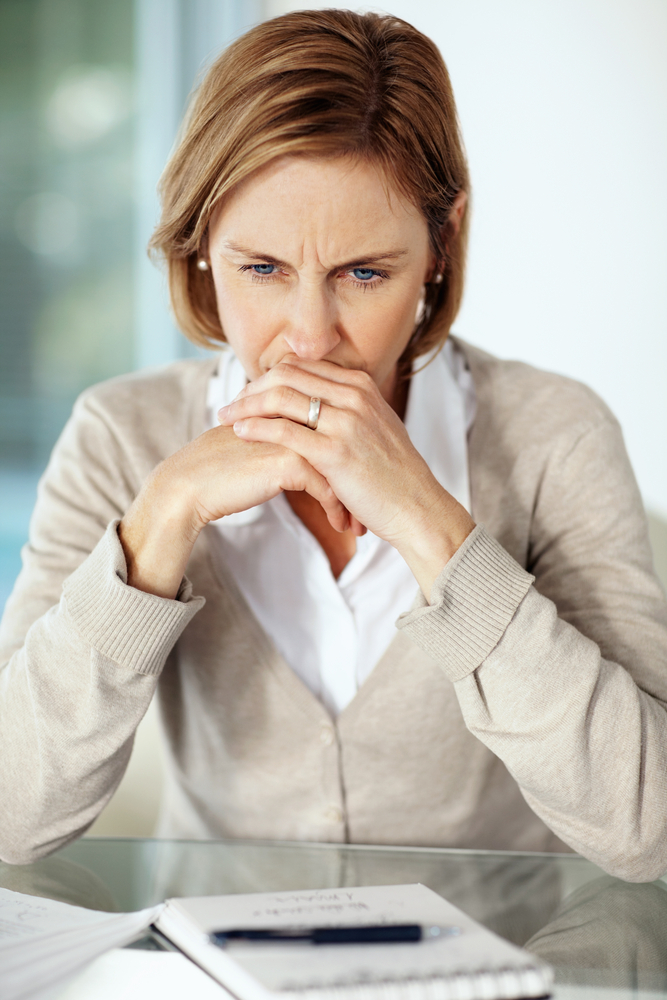While is it normal for everyone to have their share of sadness every once in a while, feelings of emptiness and despair that are affecting your daily life may mean that you have depression. When you suffer from depression, this means it touch to enjoy your everyday activities as well as function the way you once had. It is important to understand the symptoms, signs, causes and treatment for depression as this will become the first step to overcoming the problem and getting the help you need.
What is Depression exactly?
Depression is often described as a “black hole” or a feeling of doom. While some people claim that they don’t have any sense of sadness at all – they do, however; mention experiencing the feeling of apathetic, emptiness, and lifelessness while men may often have signs of anger, restlessness, and aggression.
Symptoms of Depression
As the signs and symptoms of depression will vary from person to person, there are common symptoms although some signs are a normal part of life’s lows. When these types of symptoms become disabling and overwhelming, it is more likely that you or someone you know may be dealing with depression.
Self-Loathing
You find yourself having strong feelings of guilt or worthlessness or criticize you harshly for mistakes and faults.
Feelings of hopelessness and helplessness
You feel as if nothing will get better as there is no possible way to help improve your situation.
Low Energy
You find yourself feeling physically drained, sluggish and fatigued or feeling heavy. Small tasks have become more exhausting or take longer to finish.
Appetite Changes
You have noticed a change in your diet resulting in significant weight gain or weight loss.
Lose of Interest in Usual Activities
You suddenly find yourself having no interest in hobbies that you have once enjoyed and have lost the ability to feel pleasure and joy.
Change in Sleeping Pattern
You find yourself dealing with insomnia or oversleeping.
Irritability and Anger Issues
You suddenly have low tolerance as your temper is short feeling restless, violent, and agitated.
Reckless Attitude and Behavior
You become interest in reckless behavior such as dangerous sports, reckless driving, compulsive gambling and even substance abuse.
Unexplained Pains and Aches
You begin to feel sudden unexplained aches and pains such as back pain, stomach pains, muscle aches, and headaches.
Problems with Concentration
You find yourself having trouble focusing, suffer from memory loss or unable to make decisions.
Suicidal Thoughts
One of the major factors for suicide is depression. With the feeling of hopelessness and great despair, you may feel as if suicide is the only way out.
Types of Depression
Depression varies in shape, and form as different types of depression have different signs, causes, and effects. It is important to learn what type of depression you may have as it will help you manage the severity and also get you treatment that is most effective.
Mild Depression
Mild depression is often considered as Dysthymia, which is a type of chronic low-grade depression. You may often feel mildly depressed during most days while feeling normal during brief periods of time. Although the symptoms of mild depression as not as harsh when compared to symptoms of major depression, they do last a long time and even more than two years.
Major Depression
Major depression is categorized by the inability to experience life and pleasure. The constant symptoms can range from moderate to severe and if left untreated, it may last for six months straight. While some may experience just one episode of depression during their lifetime, major depression is a recurring disorder that will require treatment.
Bipolar Disorder: One side Depression
Known as manic depression, bipolar disorder is characterized by mood changes with manic episodes of impulsive behavior, rapid speech, hyperactivity, and little to no sleep. Usually, the mood switch is gradual as each episode lasts for several weeks at a time. Patients with bipolar disorder may exhibit signs of major depression when depressed. The main difference is that the treatment for bipolar depression can become worse when antidepressants are taken.
Seasonal Affective Disorder (SAD)
The beginning of winter has proven to cause many to experience low moods as some develop a seasonal depression. SAD is known to make you feel like an entirely different person in the winter than you were during summer with symptoms of sadness, tensed, hopelessness or stress.
Depression varies in men and women as well as in adults and younger people. Raising awareness to these important differences will help ensure that the problem can be recognized and treated.
Conclusion: How to Recover from Depression
As the causes and symptoms of depression may vary, there are ways to get help and feel better in no time. While one form of treatment may work for one, there is no one-size-fits-all kind of treatment.
Ask for Support and Help
Asking for help and support does not make you wake as this is the key to recovery. Talking to someone can play a huge role in help as the person isn’t expected to fix you, but to be a good listener.
Make Better Lifestyle Changes
Making healthier changes to your lifestyle is not always easy, but will play a prominent role in fighting depression. Getting enough sleep and regular exercise will keep your mood elevated as well as managing stress and learning relaxation techniques.
Seek Help from a Professional
If living a positive lifestyle and getting support from family is not enough, seeking professional help is the next step. Various effective treatments include medication and therapy. While medication isn’t the cure for depression, they can help relieve symptoms.
Also watch
What You Really Need to Know About Depression?
References
https://www.consumerhealthdigest.com/depression/major-depression.html
http://www.helpguide.org/articles/depression/depression-signs-and-symptoms.htm





